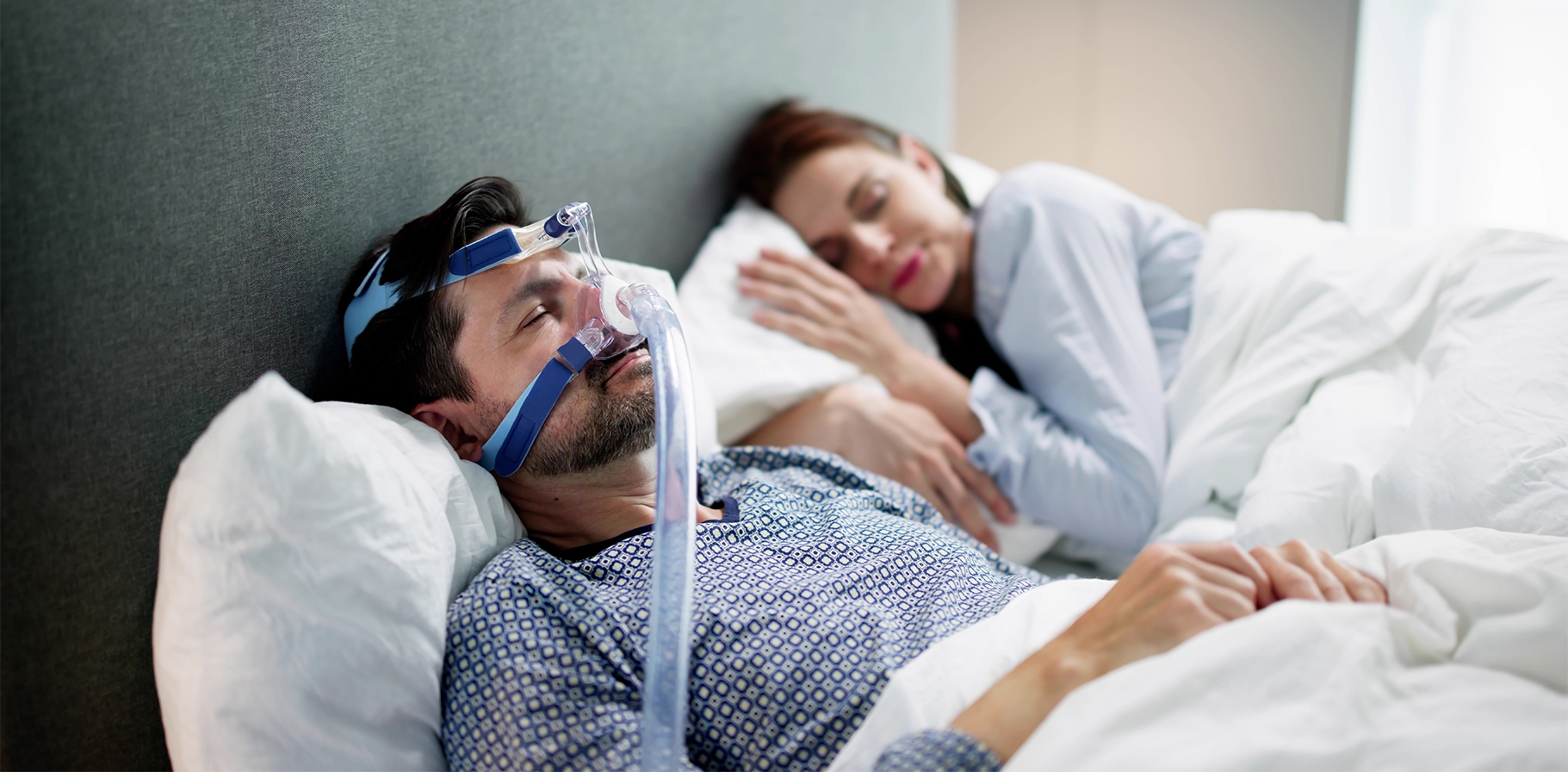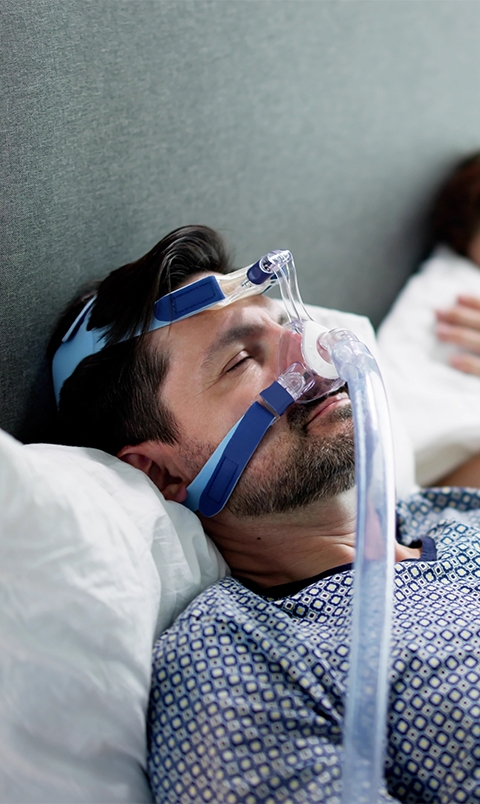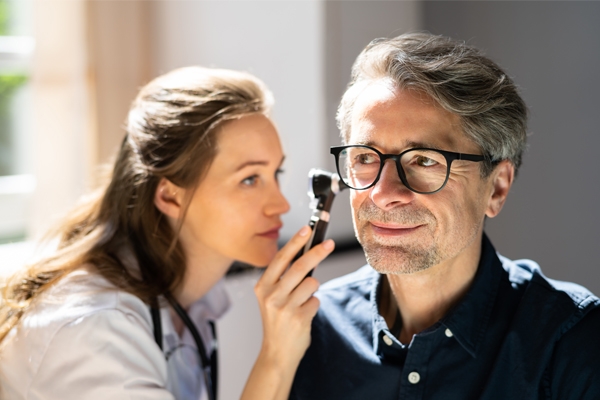Are Sleep Apnea and Hearing Problems Linked?


Are Sleep Apnea and Hearing Problems Linked?
8 min
Published January 10, 2025
December 2, 2024
Sleep Apnea and Hearing Problems – Are They Linked?
Sleep apnea is a health condition where breathing repeatedly stops and starts during sleep. This sleep disorder can leave your body short of oxygen, affecting everything from your heart to your brain. Interestingly, recent research suggests a possible link between sleep apnea and hearing problems.
Individuals with sleep apnea may have a variety of symptoms like loud snoring, daytime tiredness, morning headaches, and difficulty concentrating. These symptoms, alongside less obvious impacts like hearing issues, highlight the importance of addressing sleep apnea to maintain overall well-being. Let's explore this intriguing connection and understand how managing sleep apnea may benefit your hearing health.
How Sleep Apnea Affects Hearing Health
Emerging studies show a notable connection between sleep apnea and hearing issues. Research highlights that individuals with sleep apnea are more likely to experience both high and low-frequency hearing loss.
Tinnitus, characterized by buzzing or ringing in the ears, also appears more frequently among those affected by sleep apnea. One explanation lies in the inflammation caused by sleep apnea, which reduces blood flow to critical organs, including the ears.
This diminished circulation can harm the cochlea, the small hair cells in the inner ear responsible for transmitting sound signals to the brain. Damage to these cells can lead to signs of hearing loss and tinnitus.
Furthermore, loud snoring, a common symptom of sleep apnea, can expose individuals to high decibel levels, potentially contributing to hearing damage over time. While research continues to explore whether sleep apnea directly causes hearing issues or vice versa, the evidence supporting their link grows stronger. Managing sleep apnea could thus play a crucial role in maintaining optimal hearing health.
The Risk Factors for Sleep Apnea
Several factors increase one's risk of developing sleep apnea. Middle-aged men are more likely to develop this condition. Obesity poses a significant risk, particularly in those with a body mass index (BMI) of 25 or higher.
Individuals with a neck circumference of at least 17 inches also face higher chances. High blood pressure is another key factor that elevates the likelihood of sleep apnea, so regular checkups with an audiologist and your healthcare provider are essential for detecting medical conditions early in their onset.
Sleep Apnea Treatment Methods
Addressing sleep apnea effectively can help protect your hearing. One recognized treatment is Continuous Positive Airway Pressure (CPAP) therapy. CPAP increases blood oxygen levels and enhances blood flow, reducing the risk of hearing problems related to sleep apnea. Many individuals undergoing CPAP therapy report improvements in tinnitus symptoms, suggesting potential benefits for ear health.
While research is ongoing, managing sleep apnea through proven treatments like CPAP could support both your overall and hearing health. Consult a medical professional to explore the best options for your condition.
Take Control of Your Health
Seeking treatment for sleep apnea is paramount for improving your quality of life. If you or someone you know struggles with this condition, visiting a healthcare professional can make a significant difference. With effective treatments like CPAP therapy, you can get a better night’s rest and safeguard your hearing health.
Embodying a healthy lifestyle, including regular exercise and a balanced diet, further supports your overall well-being. By managing your sleep apnea, you’ll reduce the risk of the potential need for tinnitus treatment or having to address other hearing issues. Take action today to safeguard both your sleep and your hearing.




